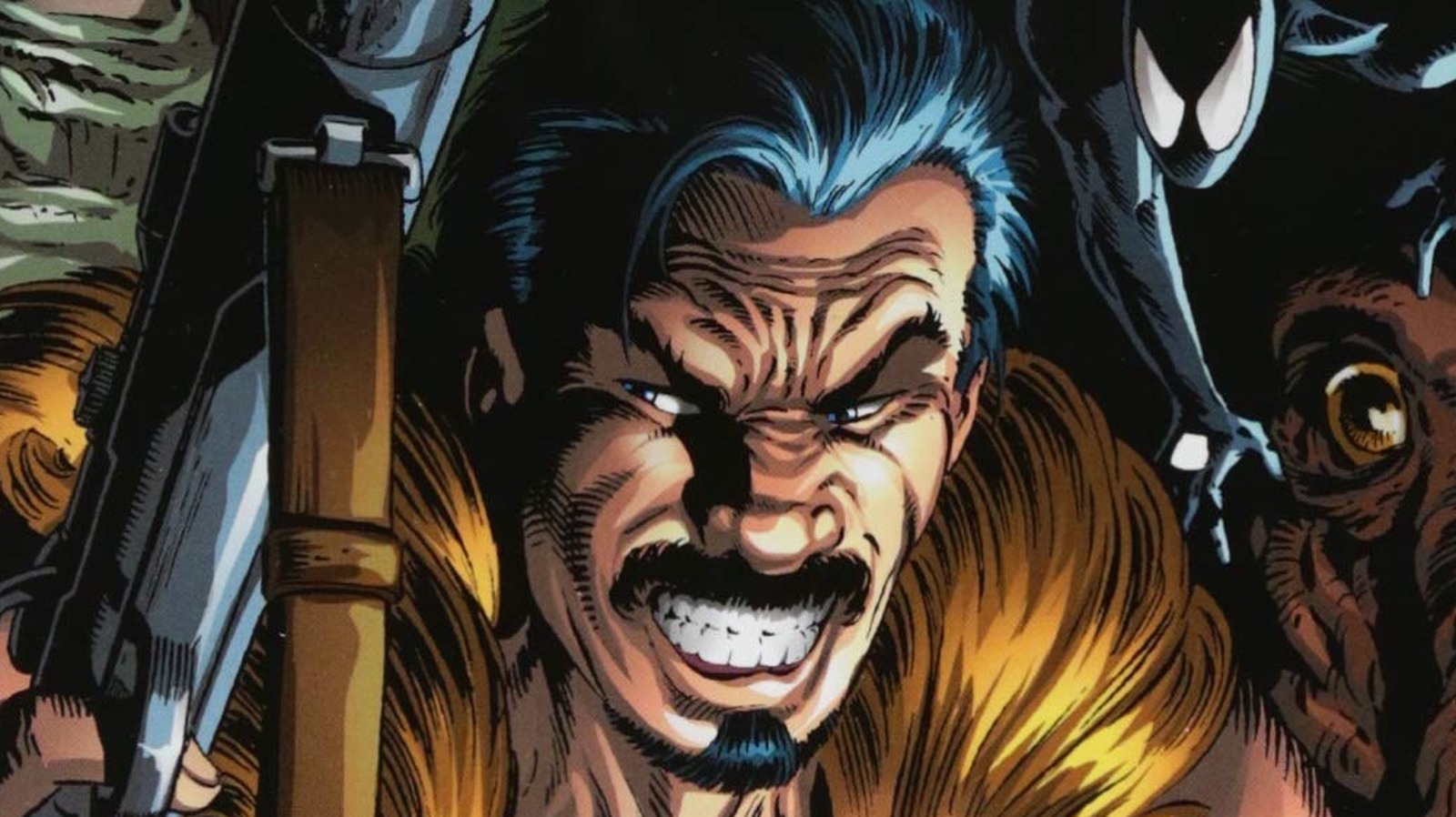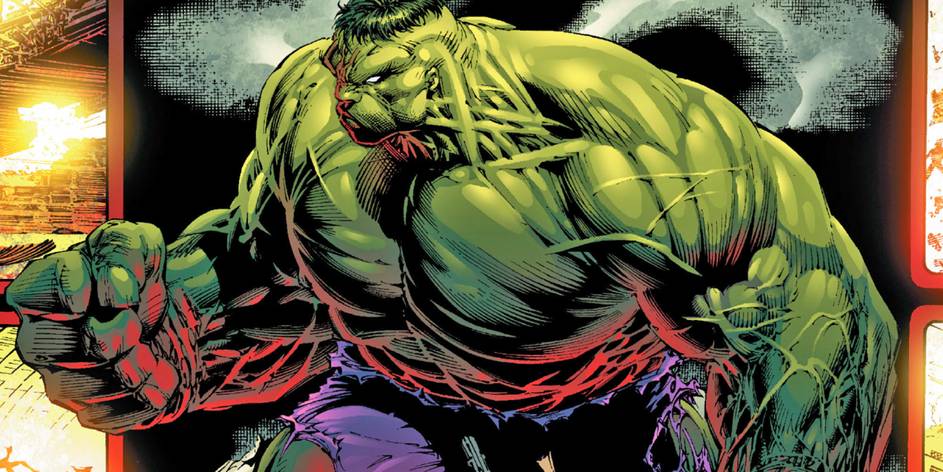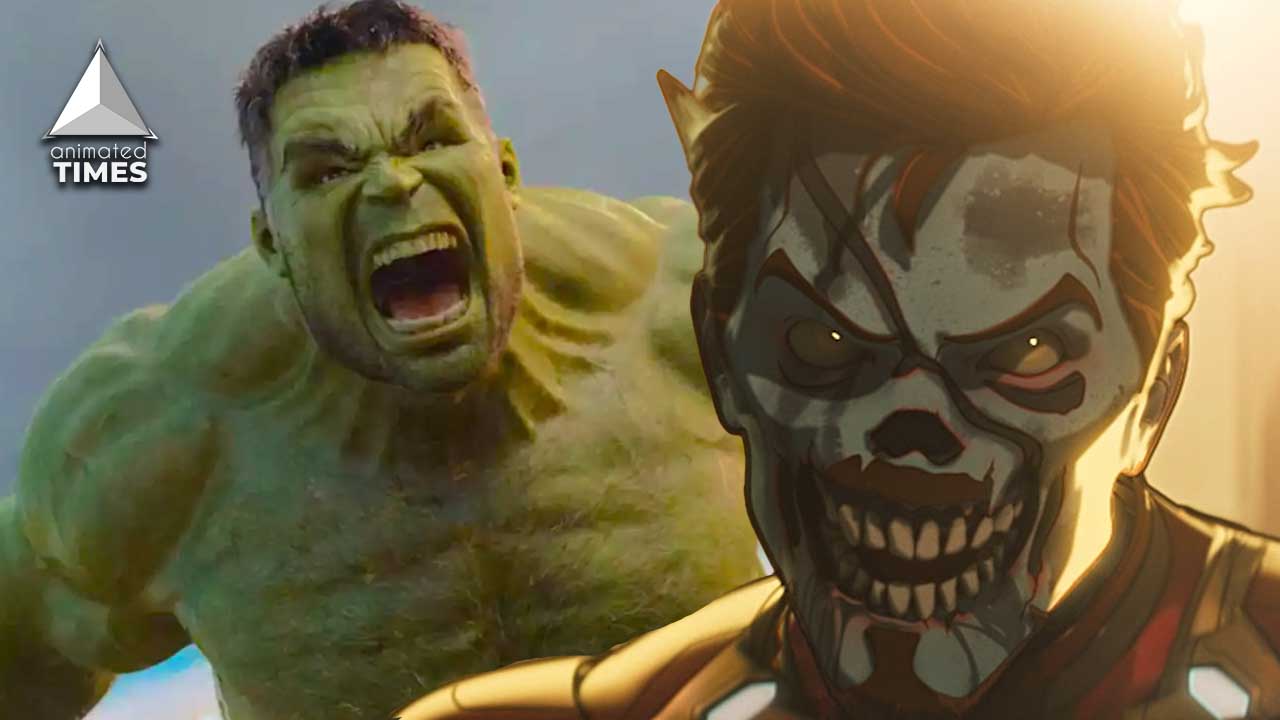Darkest Marvel Comic Arcs That Could Put Even The Batman To Shame
The Batman is a bit more dark version of superheroes that we have witnessed onscreen or read to date. This is the reason why DC is given the credits for making comics and sequences that are relatively darker than Marvel. Undoubtedly, Marvel comic are much more kid-friendly than DC’s but saying that Marvel doesn’t consist of dark sequences at all might be wrong.
Marvel fairly covers its share for the darker comics. Most of the adult content under Marvel is gut-wrenching. However, violence is not the only theme that Marvel covers in the name of the dark. It covers more mature themes like delving into the very core of human nature. Some of the dark Marvel Comic arcs are listed below to support the notion.
Kraven’s Last Hunt

It concludes with the hunter taking his own life, as the title suggests. This occurs after he eventually overcomes Spider-Man, whom he views as his most difficult and secretive prey. It combines Zeck’s photorealism with DeMatteis’ complex narrative to give Spider-Man fans a darker story. Although scarcely explicit, this story provides Kraven with a bleak ending, clouded by the stigma of suicide. This plot not only proved Kraven a credible threat, but it also established him as a tragic person that people adored even more.
Marvel Ruins

A Marvel parody – Marvel Ruins, presents a decadent Marvel Universe in which “everything that can go wrong will go wrong.” This creates a nightmare dystopia in which most Marvel characters do not obtain superpowers they die instead. For example, Wolverine’s adamantium bones are slowly poisoning him, while the Hulk is a green mass of tumors. In addition, Marvel Ruins contains a number of terrible themes, like cannibalism, which Bucky Barnes, Captain America, and Sabretooth participate in, bestiality, which Princess Python prominently implies as part of a circus show, and mutilation, which most mutants have experienced. Overall, Marvel Ruins is a darkly comical novel with startling twists and turns.
Marvel Zombies

When zombies are present, things quickly turn grim, as witnessed in films like Army Of The Dead. It stands true for the Marvel Comic as well. Marvel Zombies is an alternate universe in which the undead take over the planet and convert some of the greatest superheroes and villains into zombies. The superheroes in the story devour most of the non-infected individuals, leaving them without food. This timeline first appeared in a limited series in 2005 and has since been revisited several times, most recently in the Secret Wars crossover in 2015. The Marvel Cinematic Universe also paid homage to this popular hypothetical universe in the cartoon series What If?, in which Bucky Barnes confronts an undead Captain America in one episode.
The Evil That Men Do

Kevin Smith and Terry and Rachel Dodson collaborated on Spider-Man/Black Cat: The Evil That Men Do, a six-issue series. Spider-Man and Black Cat investigate a series of crimes linked to Mr. Brownstone, a mutant with the power to teleport drugs straight into someone’s bloodstream. In some ways, The Evil That Men Do is a modest meditation on crime and how violence simply breeds more violence. This series explores a variety of gruesome subjects, including overdose fatality, addiction, and even rape. The Evil That Men Do is far darker than the majority of Spider-Man comics.
Hulk: The End

The End is a one-shot issue written by Peter David, a long-time Hulk writer, and drawn by Dale Keown. This story depicts the Hulk as the lone survivor on Earth after a nuclear war demolishes civilization. It’s part of a series of specials depicting ‘the end’ of notable superheroes. It’s a dark and dismal tale, with Bruce Banner on the verge of giving up but the mighty – and practically indestructible – Hulk opposing it. This is rather sad than dark. Up until his final breath, Bruce Banner’s tumultuous connection with his alter-ego is explored in Hulk: The End. Any reader will be saddened by Banner’s lone existence and his final hallucinations portraying his loved ones, most of whom had died many years before.





